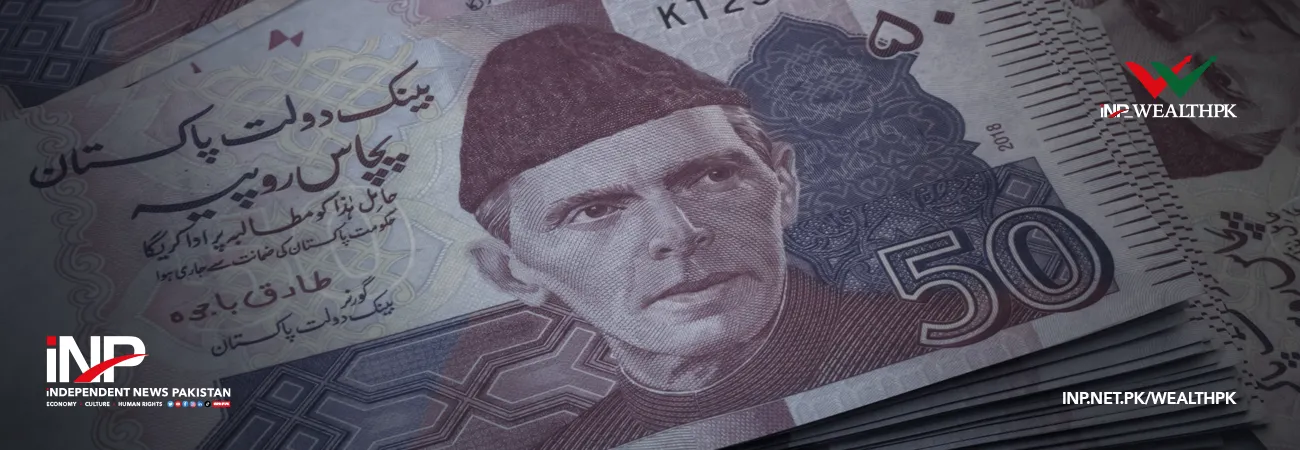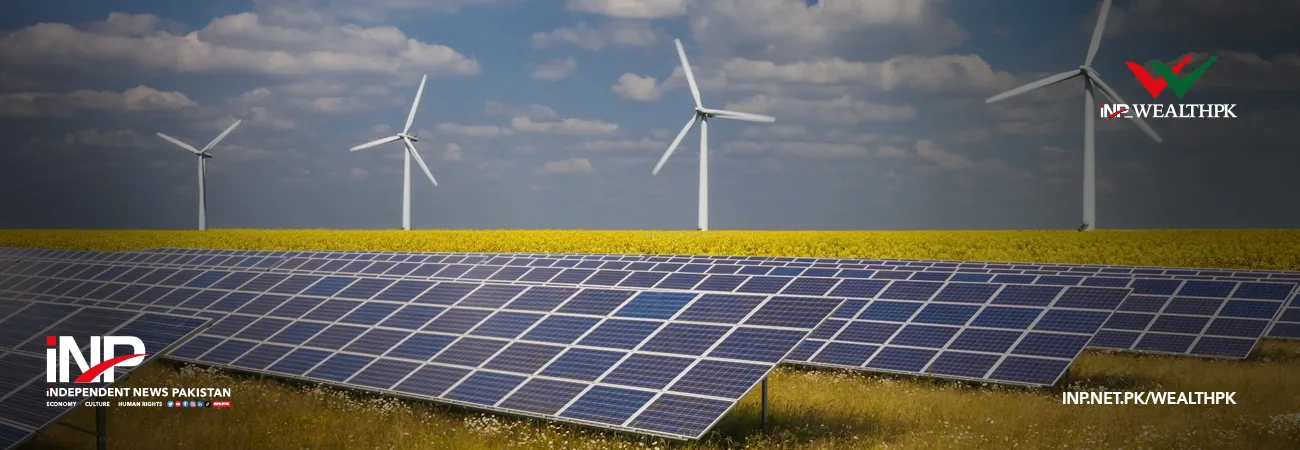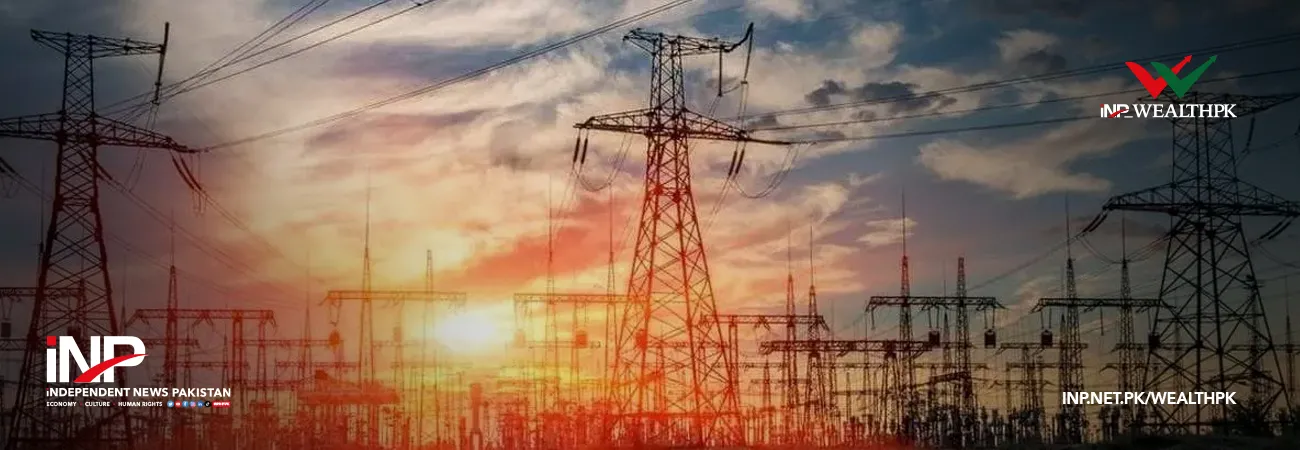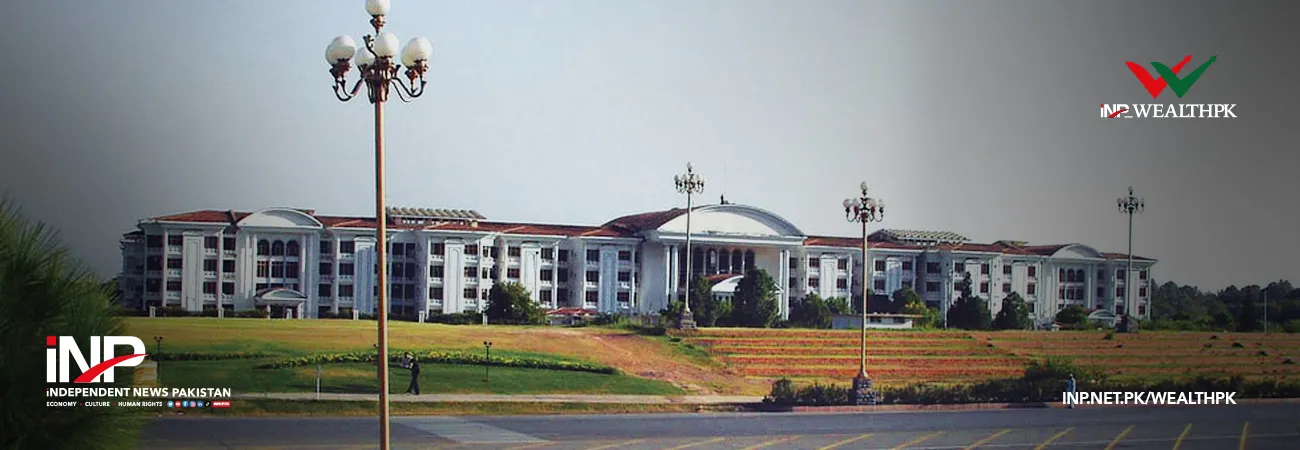INP-WealthPk
Ayesha Saba
In the complex tapestry of Pakistan's economic history, marked by boom-and-bust cycles of growth and crisis, there is an imperative need for decisive policy interventions to break the vicious cycle and propel the nation into a prominent position among the world's major economies in next 25 years. Noted economic expert and researcher at the Pakistan Institute of Development Economics (PIDE) Mehmood Khalid said this while talking to WealthPK. “Pakistan’s budgetary condition has deteriorated over the past three decades, and contributing factors include provision of subsidies to the power sector, low level of national savings, growing government debt, a fluctuating currency rate, a prolonged trade deficit, and inflation,” he said. “To extricate itself from this quagmire, Pakistan must undertake a multifaceted approach. First and foremost, the nation needs to prioritize comprehensive structural reforms aimed at reducing reliance on external borrowing.” “By bolstering revenue generation through progressive taxation, curbing tax-evasion, and fostering a conducive business environment, Pakistan can gradually reduce its dependence on the IMF loans.” “If Pakistan is to take its place among the large economies of the world in another 25 years, it will have to break out of this vicious cycle. This will require difficult decisions with long-term impacts, which may have a negative shortfall in the immediate future.
Pakistan will have to control the twin deficits, i.e. fiscal and current account,” he opined. “Improving the tax system and structural reforms should be our top priorities as suggested by the IMF. It is also necessary for the government to carefully design and implement policies to strike a balance. It is imperative that the government focus its efforts on regaining the trust of foreign investors and international lenders,” he said. According to the central bank’s monthly Economic Update and Outlook for the month of November 2023, the first quarter of the current fiscal year has witnessed an improvement in fiscal deficit primarily driven by a substantial increase in total revenues in comparison to expenditures. During Jul-Sep FY2024, the fiscal deficit stood at 0.9 percent of GDP (Rs962.8 billion) against 1.0 percent of GDP (Rs819.3 billion) last year. The primary balance posted a surplus of Rs416.8 billion (0.4 percent of GDP) against a surplus of Rs134.7 billion (0.2 percent of GDP) during the period under review. The total revenues registered a notable growth of 33.2 percent, reaching Rs2,685.8 billion from Rs2,017.0 billion last year. Non-tax collection witnessed an impressive growth of 99.6 percent to Rs468.8 billion against Rs234.9 billion in the corresponding period last year.
Credit: INP-WealthPk













